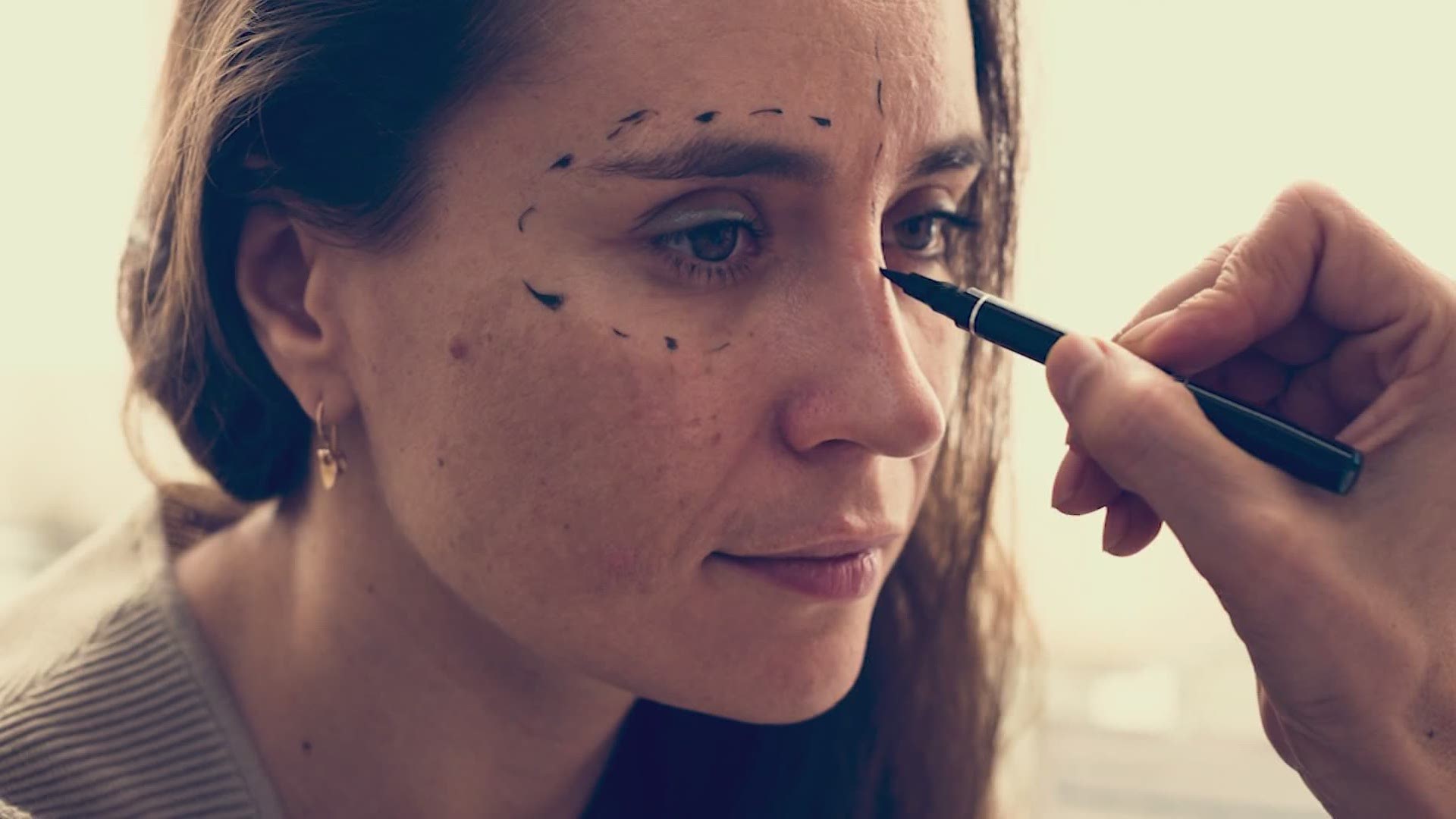HOUSTON — With your face constantly right there on the screen, it's hard not to look. It’s even harder not to judge. And that's making some people make permanent changes.
We’re talking about Zoom, something that’s become part of our lives since the pandemic began.
For Julie Martin, it was something she always wanted to do.
"I got years and years of sun damage, so my neck was saggy,” she said. “I thought my jaws were saggy. I’m on Zoom calls after Zoom calls after Zoom calls."
But the pandemic made the decision even easier.
"You just become more critical because you're looking at yourself more," she said.
“I see a lot of facial rejuvenation procedures,” said Dr. Shadi Kourosh with Massachusetts General Hospital and Harvard Medical School. "People were spending hours on end, confronting their own reflection and a distorted reflection."
It's become such a thing that there's now a name for it -- "Zoom dysmorphia."
“Patients were perceiving certain aspects of their appearance to be a problem, much more than a reality," he said.
Dr. Kourosh coined the term "Zoom dysmorphia." He said it started when patients cited their own on-screen image as the reason aesthetic alterations.
"I think Zoom is a big factor in it,” said Houston plastic surgeon Dr. Raghu Athre. “The fact that they're going to have to see themselves all the time in this little self-analysis window."
And it's really happening.
Dr. Athre said even in a pandemic, his business is up 27 percent over last year.
He believes many of his patients already had these insecurities but are now "zooming" in on them.
"This probably brought many of these things to light," Dr. Athre said.
But for some people, "Because we look at ourselves, more than ever," he said.
Dr. Susan Henney, University of Houston-Downtown professor of psychology, said it could be more about body image.
“It can, because it's a way of looking at ourselves that we're not used to," she said.
Dr. Henney said people with body dysmorphic disorder stare at their image on the screen and can't look away.
“Some people just have a problem regulating their attention off of themselves," she said.
And that just makes everything worse. But body issue or not, if you want a permanent fix, "don't make any hasty decisions about changing your appearance," Dr. Henney said.
Start with asking your doctor if what you’re complaining about is real. Don't just let the screen decide.

